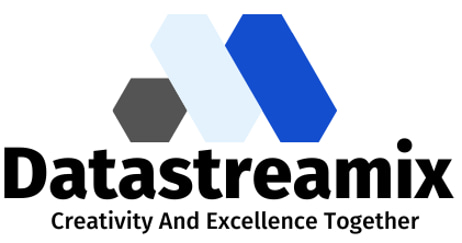Native vs. Cross-Platform App Development: What’s Right for You?
A detailed comparison of native vs cross-platform frameworks like Flutter and React Native — and how to choose based on your project goals.
6/26/20252 min read


Understanding the Basics
App development has become a pivotal aspect of business strategy in today's digital landscape. With the rise of mobile usage, the decision between native and cross-platform app development is crucial. Both methodologies have their unique advantages and challenges, which can impact the success of your application. In this article, we will delve into the differences and benefits of each approach to help you determine the right path for your project.
Native App Development
Native app development refers to the process of building applications specifically for a single platform, typically using the platform's own programming languages and tools. For instance, iOS apps are developed using Swift or Objective-C, while Android applications are built using Java or Kotlin. This approach ensures that the app can use the full potential of the device’s features and APIs, providing high performance, seamless integration, and a better user experience.
One of the considerable advantages of native app development is the ability to offer a polished and optimized user interface (UI). Since native apps have access to platform-specific design styles and components, they can more effectively cater to user expectations. Additionally, native applications tend to provide superior performance and responsiveness, particularly for graphic-intensive applications, such as games or augmented reality apps.
Cross-Platform App Development
Cross-platform app development, on the other hand, focuses on creating a single application that can run on multiple platforms. Using frameworks like React Native, Flutter, or Xamarin, developers can write code once and deploy it across various operating systems. This significantly reduces development time and costs, making it an enticing option for many businesses.
The ability to share code across platforms is perhaps the most prominent benefit of cross-platform development. It allows for faster time-to-market and eases the maintenance burden. Moreover, with advanced frameworks, the performance gap between native and cross-platform applications has narrowed, allowing developers to create visually appealing and functional apps without needing to sacrifice too much on speed or efficiency.
Choosing the Right Path for Your Application
When considering native vs. cross-platform app development, it’s essential to evaluate your specific needs and resources. If you require the highest performance and an app that fully utilizes device-specific features, native development might be the perfect choice, especially for advanced applications that demand it. On the other hand, if your primary goal is to reach a broader audience quickly and cost-effectively, investing in cross-platform development could prove beneficial.
Ultimately, the decision should align with your business objectives, budget constraints, and the nature of your application. Carefully weighing the pros and cons of each approach will lead you to an informed decision that optimally supports your project's goals.
Connect
Empowering startups with innovative mobile app solutions.
CONTACT
GET IN TOUCH
support@datastreamix.site
+1 (745) 451-8741
© 2025. All rights reserved.
16670 Liberty Rd Columbia, KY 42728, USA
